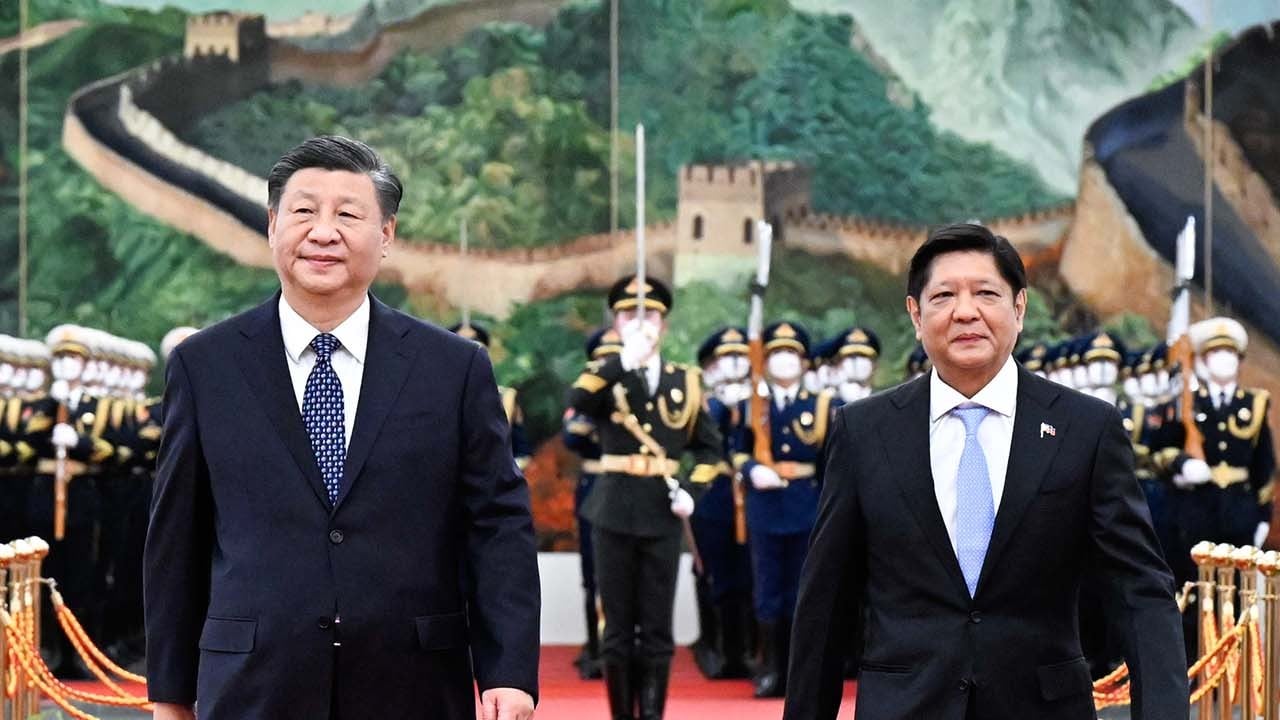Advertisement
South China Sea: Philippine court ruling ‘will constrain’ future oil and gas quests with Beijing
- A 2005 South China Sea exploration deal with China and Vietnam failed to observe ‘constitutional safeguards’, Philippine top court rules
- Fact that defunct deal has been brought up again may have negative implications for Manila’s future maritime resource ventures with China, observers note
Reading Time:3 minutes
Why you can trust SCMP
13

The Philippine Supreme Court’s decision to void a 2005 South China Sea oil exploration deal with China and Vietnam will bring uncertainty to joint cooperation in the resource-rich waters, according to regional observers.
The ruling by the top court on January 10 said the Joint Marine Seismic Undertaking violated the Philippine constitution by allowing wholly owned foreign corporations to explore the country’s natural resources “without observing constitutional safeguards”.
Under the agreement, which expired in 2008, the Philippine National Oil Company, China National Offshore Oil Corporation and the Vietnam Oil and Gas Corporation carried out joint research on potential petroleum resources in the South China Sea.
The exploration area – covering 142,886 sq km (55,169 square miles) – included disputed and undisputed waters.
Beijing claims more than 80 per cent of the South China Sea, which is home to a wealth of natural resources, fisheries and trade routes. But these claims are hotly contested by the Philippines, Vietnam, Malaysia, Brunei and Taiwan.
Ding Duo, deputy director at the Research Centre for Ocean Law and Policy at the National Institute for South China Sea Studies, said while the court’s decision would not significantly affect ties with China, it would become “a major constraint” on future oil and gas deals, as the risk of breaching the constitution would block Philippine leaders from pursuing such projects with Beijing.
Advertisement
